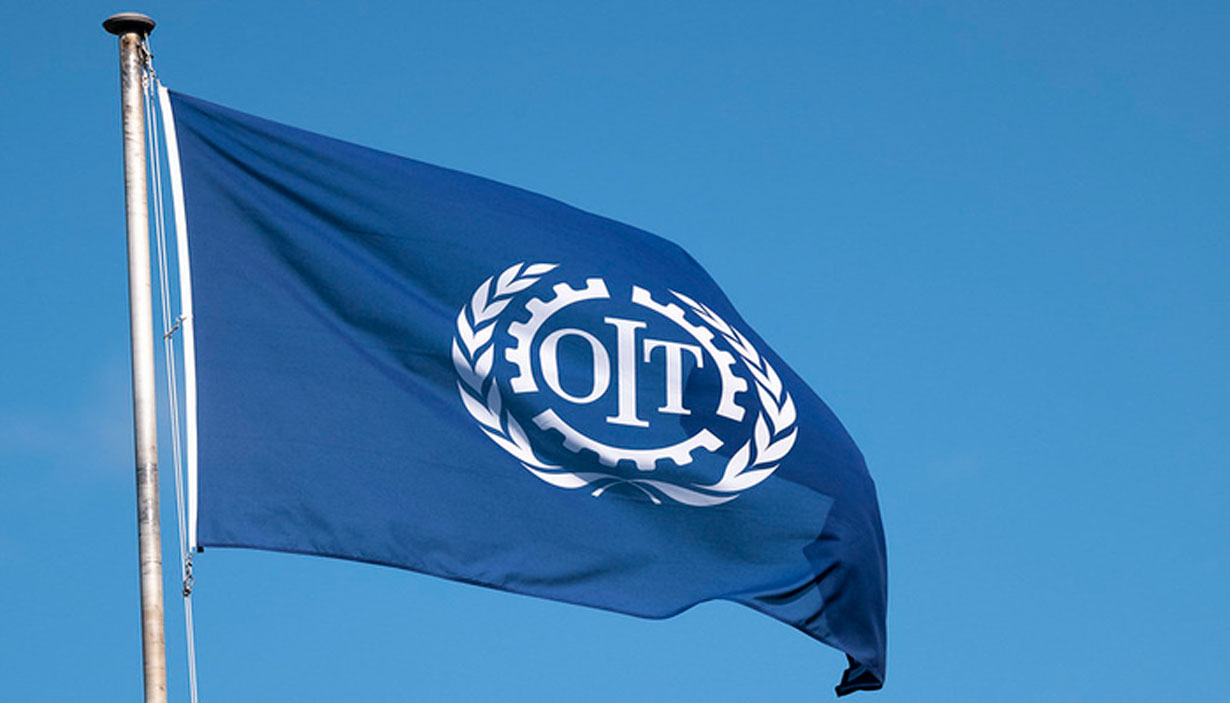
The Nigeria Social Insurance Trust Fund (NSITF) has redeployed 186 staffers across its offices nationwide to rejig its operations. In a memo tagged, ‘Staff and management restructuring’, dated 5th February 2025 to the Executive Director, Administration by the Managing Director of the Fund, Oluwaseun Faleye, said the staff movement is part of the ongoing strategy reforms initiated by the executive management.
In the shakeup, Mede Alexandra Mbaihangeve, a deputy general manager (DGM) was redeployed from the Abuja regional office to the headquarters as the new head of corporate affairs. She replaced Ngige Nwachukwu Godson, a General Manager, who has now moved to the Estate headquarters.
Meanwhile, to ensure accountability of subscribers’ funds, NSITF said it is collaborating with the Independent Corrupt Practices and Other Related Offences Commission (ICPC) to strengthen its internal capacity to curb corruption.
It said the partnership is geared towards winning public trust and detecting corruption within the Fund, promoting good governance, upholds accountability and integrity while maintaining its commitment to ethical principles.
The Managing Director of NSITF stated this recently when he led a management delegation on a courtesy call to the Chairman of the ICPC, Dr Musa Adamu Aliyu, noting that the collaboration could redefine the fight against corruption in the NSITF.
He pointed out that the partnership was very critical to efforts and desire to tame corruption, stating that the meeting underscored a shared vision, merging time-honoured values with bold, forward-thinking reforms.
Faleye said: “NSITF has long prided itself on upholding the highest ethical standards. We are fully dedicated to fostering a culture of transparency and integrity. This meeting wasn’t just a routine protocol, it was a decisive step toward a collaborative future with the Independent Corrupt Practices Commission (ICPC), an agency that stands as a bulwark against corrupt practices.”
Stressing the Fund’s determination to tackle corruption, he said: “The commitment is clear, by empowering its Anti-Corruption and Transparency Unit (ACTU) and launching a comprehensive, Fund-wide campaign on corruption prevention. With about 120 staff earmarked to serve as ACTU liaison officers, the institution is reinforcing its traditional values of accountability and public trust.
“The fewer the scandals, the greater the trust our people have in us. This isn’t merely a regulatory exercise, it’s a strategic move to reclaim the public’s confidence. By embracing established practices of rigorous audit, internal compliance, and capacity building, NSITF and ICPC are set to create a robust, corruption-resistant framework.
“The message is unambiguous, ethical governance isn’t just good practice; it’s the only way to honour the legacy of our institutions and safeguard the future.”
He added that at a time when public scrutiny is at its peak, the meeting signals a turning point. He noted that by aligning traditional accountability with modern anti-corruption strategies, NSITF is not only preserving the trusted values of the past but also charting a sustainable course for the future, adding that in the battle against corruption, collaboration and steadfast integrity remain the ultimate game changers.
In his remark, the Chairman of ICPC, Dr Musa Adamu Aliyu, stressed the importance of ICPC and NSITF saying the two agencies are critical to national development.
His words: “For any MDA that is dealing with funds, there are a lot of risks and challenges, especially in dealing with employees, and the funds contributed by workers. That is why your job is very sensitive. I quite agree with you that your most valuable asset is trust and confidence. If people have confidence in you, they will be willing to make their contributions, but once they don’t have that confidence, you will be facing a lot of challenges.
“So, as an agency, the ICPC has a preventive mandate, which in my view, is more important because we shouldn’t allow issues to happen that will lead to investigation. This wastes a lot of time and it is causing a lot of problems that will be difficult for us to manage.
“That is why there is the need for the two agencies to come together to see how we can work so that both of us can work effectively to prevent corruption.”






